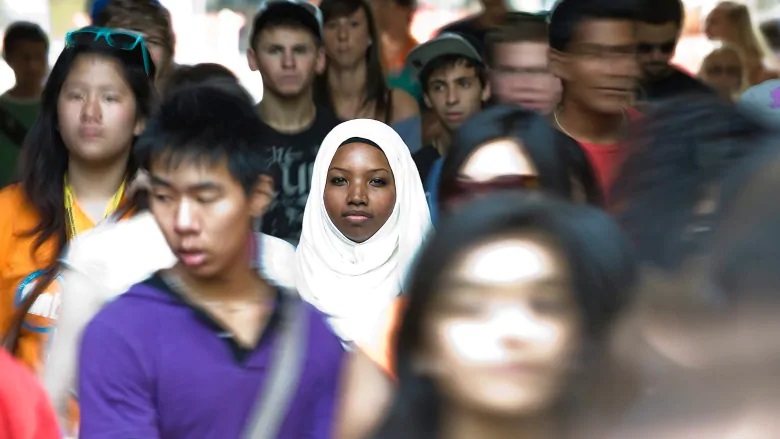Unemployment Rates and Integration
A disturbing contrast, however, is that Canadian Muslims hold the second-highest unemployment rate in the entire country.
A shocking 14.4 percent of Muslims are listed as jobless — almost twice the current average national unemployment rate of 5.7 percent.
The diversity of ethnic origin has been reflected in the Canadian Muslims’ diverse expressions of Islam.
With a median age of 28.1 years, Canadian Muslims represent the youngest religious population demographic in Canada.
On the other hand, the median age of Jewish Canadians is 41.5 years. For diverse Christian denominations, median ages range from 37.8 years among Roman Catholics to 46.1 years among Presbyterians (whose figures are similar to those found for other Protestant denominations).
According to the most recent Canadian census in 2016, The average age of Canadians increased to 41 years, up from 40.1 in 2011.
In 2006, the median age for the entire Canadian population was 39.5 years. As the baby boom generation ages, that median is expected to keep rising and could exceed 44 years by 2031.
Although the majority of Muslims arrived in Canada within the last three decades, smaller numbers have existed at least since the middle of the 19th century.
As Muslims have tended to settle wherever economic opportunities presented themselves, most are concentrated in Ontario, Quebec, Alberta, and British Columbia.
Canada’s largest urban Muslim communities are found in Toronto, Montreal, Vancouver, Calgary, Edmonton, Ottawa, and London.
The diversity of ethnic origin has been reflected in the Canadian Muslims’ diverse expressions of Islam. Although the majority came from countries with Sunni Muslim majorities, each group observes its own doctrinal and ritual forms of faith and expresses its interpretation of Islam.
Sunni Muslims represent almost three-quarters of all Canadian Muslims. There are significant numbers of Shiite Muslims in Canada, as well, who also have diverse expressions of their faith and origins.

Muslims Suffer Backlash?
It is a universal human tendency to be socially engaged as a full citizen in one’s society and to belong to it.
However, there are a number of reasons why people do not engage successfully; this is evidenced by poor participation in local, provincial, or national politics.
There are obstacles that impede the participation of Muslims, and the situation has been exacerbated by the tragedy of 9/11.
There has been a marked increase in reported incidents of racism, discrimination, and Islamophobia directed against Muslims from external societal backlash.
In the years following this event, there has been a marked increase in reported incidents of racism, discrimination, and Islamophobia directed against Muslims from external societal backlash. Hate crimes against the Muslim faith (Islam), for example, increased from 26 incidents in 2008 to 36 in 2009.
Canadian Muslims, due to Islamophobia and discrimination, are not wholly embraced into Canadian society by some as its full citizens. This is a legitimate concern since it is difficult to belong to a place if there is a perception of not being accepted. It is important that the reciprocal nature of the relationship between belonging and acceptance/respect is highlighted in policy discussions that are gravitated towards citizenship tests and other measures to encourage people to integrate.
If people are constantly reminded that they do not belong, whether on the crude level of the rhetoric of far-right discourse or media or the day-to-day discrimination, subtle or otherwise, that they may face, or when the government fails to listen to their concerns and request for needs, it is only a matter of time before they will feel alienated and lose the desire to belong, as in the case of French assimilation mentality or Balkan exclusion politics.
Canadian Muslims are re-examining their identity and the way they interpret their religious practices and beliefs. They are creating a new expression of Islam more reflective of the Canadian context.
Narrow interpretations of Islam are challenged by globalization as well as by the majority of Muslims who grew comfortable to the Canadian environment. They establish Islamic organizations to discover Islam without being contaminated by inherited traditions.
These new developments have generated debates among Muslims, particularly among community leaders and scholars in Canada. Conferences on the topic of Islamic identity, Canada and integration are organized and do involve Muslim participants.
On the basis of those discussions, it seems that Canadian expression of Islam is inevitable. I personally believe that Canadian Muslims are more prepared for embracing this view than Muslims in any other Western context.
